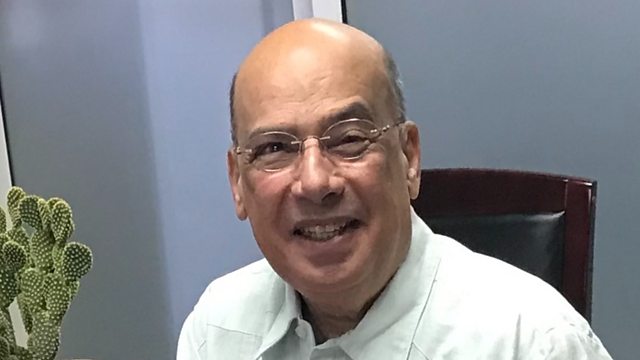Haiti crisis: Will politicians 'put aside their own interests'?
Will the solution for Haiti negotiated with its Caribbean neighbours and the United States succeed?
Efforts are ongoing in Haiti to create a new political framework following the resignation of the prime minister Ariel Henry and the collapse in law and order amid the rise of armed gangs roaming the streets disrupting normal life.
What are the chances that the solution worked out for Haiti by its fellow Caricom -- or Caribbean Community -- members and their superpower neighbour, the United States, will succeed? At Caricom's urging, Mr Henry resigned on Monday and a new transitional council is due to be set up.
One of the Caribbean's most distinguished diplomats, with a deep understanding of the troubled country, joined Newsday to discuss the challenges that have to be surmounted to return Haiti from the brink of permanent chaos.
Sir Ronald Sanders is the Ambassador of Antigua and Barbuda to the US and the Organisation of American States. He led the OAS delegation in 2016 that resolved a previous constitutional crisis in Haiti. Does he think the transitional council will make a difference?
"It's always been difficult to get the political parties in Haiti to agree with anything that will last. All because of the political rivalry that exists in Haiti. Setting up a transitional council is one thing, administering Haiti is another."
"You cannot expect the gangs to just lay down their arms... there has to be a negotiation with them. If you don't negotiate... there is going to be a confrontation with these people who are in control."
(Pic: Sir Ronald Sanders; Credit: Sir Ronald Sanders)
Duration:
This clip is from
More clips from Newsday
-
![]()
Liam Payne: Fans mourn death of One Direction singer
Duration: 03:35
-
![]()
Sudan's footballers provide 'joy amongst the chaos'
Duration: 04:00
-
![]()
Hurricane Milton: The residents deciding to stay, or evacuate
Duration: 02:59






